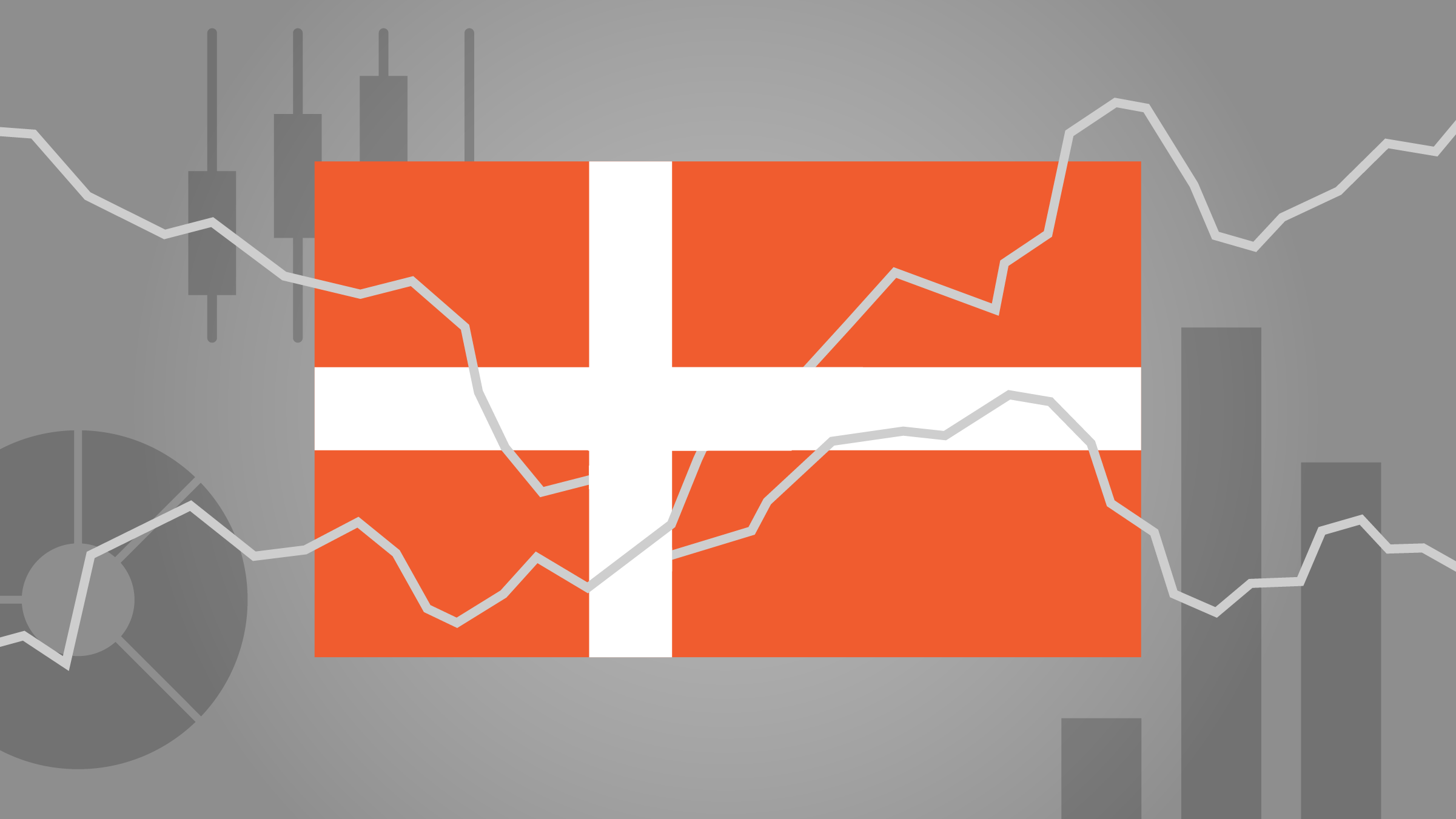Investeringskommentar, Erin Davis, 11/08/2015
HSBC’s narrow moat is built on its nearly unparalleled global network, whose geography covers 90% of global trade and capital flows, with approximately 40% of its revenue coming from firms operating in two or more markets and other institutional clients. We think this gives HSBC the reach and scale necessary to serve international corporate clients in a way few other firms can rival.
This reach has increasingly been a double-edged sword in recent years. HBC, as a global systemically important bank, must hold 250 basis points of additional capital relative to smaller peers. Moreover, regulatory compliance costs associated with running such a complex business have exploded--compliance staff has doubled to more than 7,000 worldwide, and HSBC is making its way through billions in costs associated with alleged misconduct, such as the mis-selling of payment protection insurance and the rigging of foreign exchange rates. While misconduct costs, which totaled $11.2 billion in 2011-14, may have peaked, we expect them to remain a fact of life for HSBC, which has more than 250,000 employees and operates in more than 70 countries.
While tighter regulation post-crisis will dampen profits, we think that the scale and reach that support HSBC’s moat will help the bank outearn its 12% cost of equity over time. We’re cautiously optimistic about the opportunities that lie ahead in Asia, which is HSBC’s new strategic focus. We think management is right to focus on the geography, where annual export growth is poised to be 5%-6% through 2025, compared with 4%-5% in Europe and North America. HSBC already earns nearly 40% of revenue in Asia, and its competitive advantages there will further solidify as it builds scale. Still, this strategy is not without risks. Competition for talent in the region is fierce, and local banks are increasingly becoming credible cross-border competitors. We think HSBC’s management will need to focus on serving the clients who most value its global reach and carefully controlling costs
in order to successfully execute its strategy.
Bulls Say
- HSBC's exposure to the fastest-growing economies ensures robust demand for its products
and services, from checking accounts and wealth management to international trade finance.
- The benefits of geographic diversification were highlighted during the financial crisis. Although HSBC took large losses in its North American segment, its other operations picked up the slack, and the bank escaped without reporting a loss.
- HSBC will benefit from improving conditions in the United Kingdom., its largest European market and one of Europe's strongest countries.
Bears Say
- HSBC's sprawling network has meant that it is not as efficient or adept at controlling costs as some smaller competitors.
- Falling Chinese growth and commodities prices will dampen HSBC's growth prospects.
- HSBC underestimated the losses it would suffer in its subprime mortgage portfolio by billions. This mistake underscores the difficulty of managing HSBC's huge empire and raises the question of whether it will happen again.
©2015 Morningstar. All rights reserved. The information, data, analyses, and opinions contained herein (1) are proprietary to Morningstar, Inc. and its affiliates (collectively, “Morningstar”), (2) may not be copied or redistributed, (3) do not constitute investment advice offered by Morningstar (4) are provided solely for informational purposes and therefore are not an offer to buy or sell a security, and (5) are not warranted to be accurate, complete, or timely. Certain information may be self-reported by the investment vehicle and not subject to independent verification. Morningstar shall not be responsible for any trading decisions, damages, or other losses resulting from, or related to, this information, data, analyses or opinions or their use. Past performance is no guarantee of future results.
















